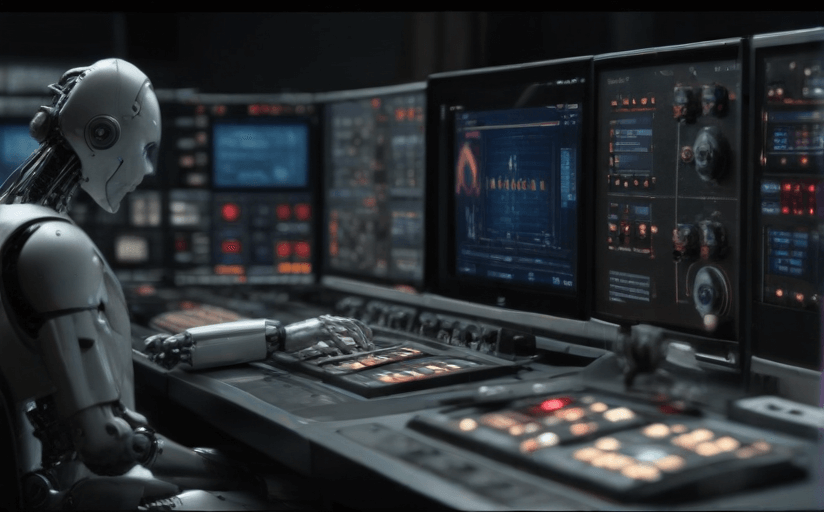The Revolution of Artificial Intelligence on Music and Film Production.
The advent of Artificial Intelligence (AI) has sparked transformative changes in various industries, particularly in the domains of music and film production. This article explores the profound impact of AI, presenting a detailed survey on the benefits, drawbacks, and future implications of AI in these industries.
Technological Advancements due to AI
AI-powered technologies have revolutionized numerous processes in music and film production. From data-driven machine learning techniques that compose music and edit film, to advanced robotics that assist in set designs, the footprints of AI are ubiquitous.
Practical Applications of AI
The implementation of AI in production processes has opened up a spectrum of possibilities. AI-edited film projects such as Sunspring and algorithm-composed music projects like Project Magenta by Google are testimonies to this unprecedented influence. Additionally, AI is also used to anticipate ticket pricing based on predictive analysis.
Pros and Cons of AI in Music and Film Production
While AI enhances efficiency and access by automating workflows, it bears disadvantages like loss of certain job roles to machines and potential creativity dilution. However, it's crucial to strike a right balance between human creativity and AI capabilities for optimal outcomes, as AI can augment creative processes rather than replacing them.
AI and Creativity
AI's role isn't to deter creativity but to enhance it. With AI's advanced algorithms, music and film producers get to explore unlimited possibilities in creation and modification, enabling the production of unique and creative content.
AI's Influence on Job Roles
Automated processes have streamlined some job roles, making it easy to edit films or compose music. However, this leads to job losses, posing ethical implications and highlighting the need for re-defining job roles.
Quality and Accessibility
AI has significantly improved the quality of music and film production, given its ability to analyze vast amounts of data. Furthermore, AI has made these industries more accessible, aiding streaming platforms in personalizing user experience through predictive analysis.
Future Implications
The incredible pace at which AI is advancing signals a future where AI could be further integrated. AI might be leveraged to understand audience preferences better, innovate new genres, and even create digital actors.
Conclusion
From the above discussion, it is clear that AI's influence on music and film production harbors both challenges and opportunities. Albeit the inevitable ethical and job-related issues, the innovative solutions it offers cannot be overlooked. Therefore, a conscious and responsible integration of AI could propel these industries to unprecedented heights.




















Comments
Leave a Comment